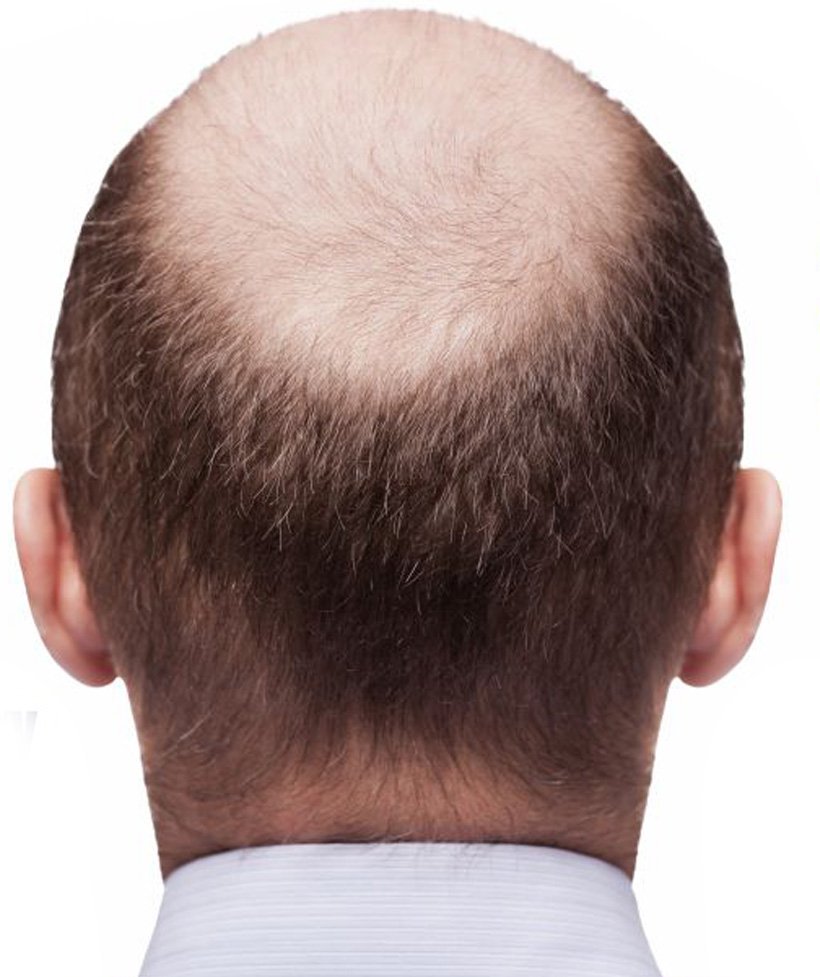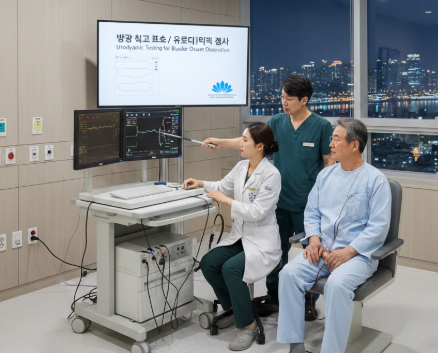Expert Advice from Korean Hair Transplant Surgeons
Planning a hair transplant in Korea is an exciting step toward restoring your hair—and your confidence. Whether you’re undergoing FUE (Follicular Unit Extraction) or FUT (Follicular Unit Transplantation), proper medical preparation is critical for maximizing graft survival, minimizing complications, and ensuring a smooth surgical and recovery experience.
Korea’s top clinics follow meticulous safety protocols, and in this guide, leading hair transplant surgeons explain how international patients should medically prepare before traveling and undergoing surgery in Korea.
🧾 1. Pre-Operative Medical Assessment
Before you can be accepted for FUE or FUT in Korea, you must undergo a basic health screening.
What to Check:
- Blood pressure and heart rate
- Blood tests (usually requested by the clinic):
- CBC (complete blood count)
- Coagulation profile (PT, aPTT)
- Hepatitis B/C, HIV (standard for surgical procedures)
- Medical history disclosure (e.g., diabetes, thyroid issues, clotting disorders)
📌 Tip: Send your test results to the clinic 1–2 weeks before your scheduled surgery.
💊 2. Medication and Supplement Adjustments
Some medications and supplements can increase bleeding or interfere with healing. Korean surgeons typically recommend stopping the following 7–10 days before surgery, unless otherwise advised by your prescribing doctor.
To Avoid:
- Aspirin or other NSAIDs (e.g., ibuprofen, naproxen)
- Blood thinners (e.g., warfarin, clopidogrel)
- Fish oil, vitamin E, ginkgo biloba, or ginseng
- Alcohol and smoking (both impair circulation and healing)
What You Can Take:
- Acetaminophen (Tylenol) for pain
- Prescribed medications approved by your doctor and clinic
💬 Korean clinics may ask for your medication list before surgery to adjust their surgical plan or timing.
🧠 3. Mental and Physical Health Preparation
Though minimally invasive, both FUE and FUT are outpatient surgeries that can last 4–8 hours, so you’ll need to be in good general health.
Recommendations:
- Get 7–8 hours of sleep the night before surgery
- Avoid caffeine and alcohol for 24 hours pre-op
- Maintain a balanced diet in the days leading up to your procedure
- Manage stress and anxiety through meditation, light exercise, or therapy
📋 Korean surgeons may ask about anxiety levels—some clinics offer mild sedation or anti-anxiety medication for nervous patients.
🧴 4. Scalp Preparation Before Surgery
Korean clinics often provide or recommend a pre-op scalp care regimen to optimize skin health and blood flow before your transplant.
Do This 3–5 Days Before:
- Wash your scalp daily with a mild, non-medicated shampoo
- Avoid using hair waxes, sprays, or coloring products
- If you have dandruff or seborrheic dermatitis, use a medicated shampoo like ketoconazole (clinic-recommended)
For FUE, clinics may ask you not to shave your head yourself—the surgical team will do it in a precise way just before the operation.
🩺 5. Manage Existing Health Conditions
Common Conditions Korean Clinics Will Want to Know About:
- Diabetes: Must be well-controlled (HbA1c < 7.5%)
- Hypertension: Should be under medical management
- Autoimmune diseases: May affect healing and graft survival
- Thyroid disorders: Should be stabilized before surgery
📌 If you’re taking any long-term medications (e.g., for blood pressure, cholesterol, depression), do not stop them without clinic or physician approval.
✍️ 6. Pre-Surgery Documentation for International Patients
Before your arrival in Korea, you should prepare the following documents:
- Medical history form (most clinics will email this to you)
- List of current medications and allergies
- Copies of relevant blood test results
- A signed consent form for hair transplantation
- Passport copy for clinic registration
🧑⚕️ Korean clinics provide all documentation in English and often have medical interpreters on-site.
🗓️ 7. Ideal Timeline for Pre-Op Medical Prep
| Timeline | Action |
|---|---|
| 3–4 weeks before | Book surgery and flight; begin light scalp care |
| 2–3 weeks before | Send blood test results and health forms to clinic |
| 10 days before | Stop supplements, NSAIDs, and alcohol |
| 3–5 days before | Clean scalp daily; eat healthy, hydrate well |
| 1 day before | Sleep early, avoid caffeine and stress |
| Day of surgery | Eat a light breakfast unless advised otherwise |
🔄 FUE vs. FUT: Are There Medical Prep Differences?
Both FUE and FUT follow similar pre-operative protocols, but here’s what differs slightly:
FUE Patients:
- May only require partial head shaving
- Typically recover faster, but scalp condition must be healthy for precision extraction
FUT Patients:
- Need to remove sutures 10–14 days later (can be done at home or by a local doctor)
- Scalp laxity is evaluated pre-op (elasticity of the donor area)
📌 If you’ve had prior transplants, inform your clinic—scar tissue can affect the method chosen.
🚫 When Surgery May Be Postponed
Korean clinics may reschedule or cancel your hair transplant if:
- Your blood tests are abnormal
- You’re actively ill (e.g., fever, flu, COVID-19)
- You have uncontrolled hypertension or diabetes
- You’ve recently taken blood thinners
- You have a scalp infection or skin condition
Always disclose health concerns honestly—Korean surgeons prioritize your safety above all.
✅ Final Checklist: Are You Medically Ready?
✔ Blood tests completed and submitted
✔ Medications and supplements adjusted
✔ Scalp is clean and free of irritation
✔ You’re well-rested and healthy
✔ All documentation and travel plans confirmed
💬 Final Word from Korean Surgeons
“Hair transplant success isn’t just about surgical skill—it’s about careful preoperative planning and patient readiness. The better you prepare, the better your graft survival and long-term results.”
—Dr. Han, MD, Hair Restoration Specialist, Seoul




